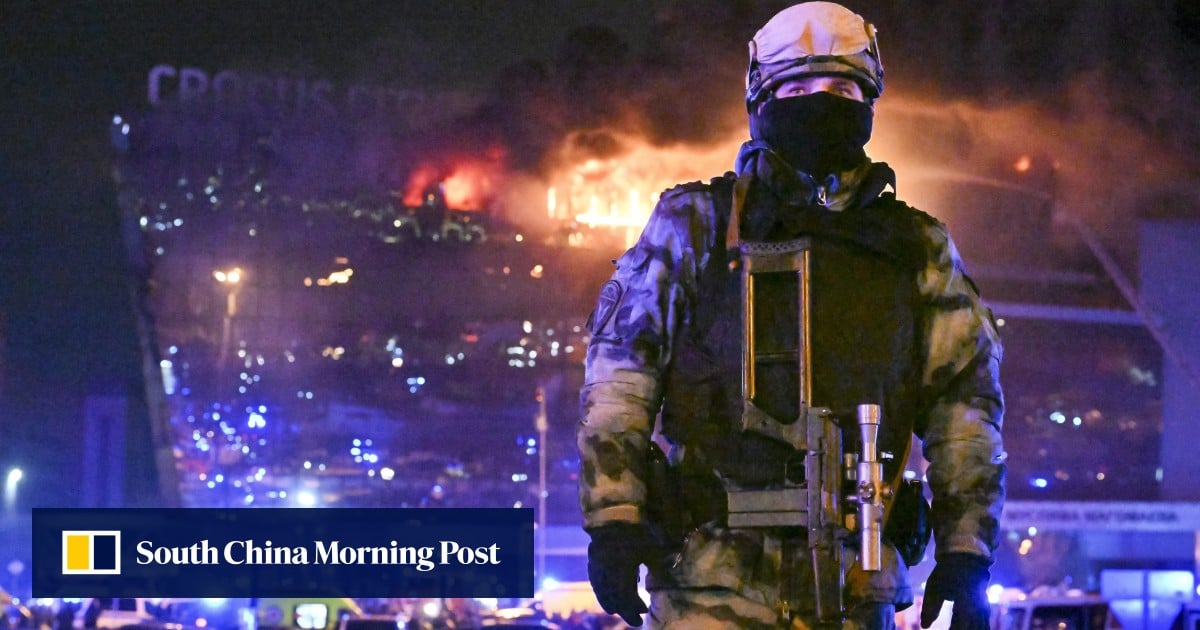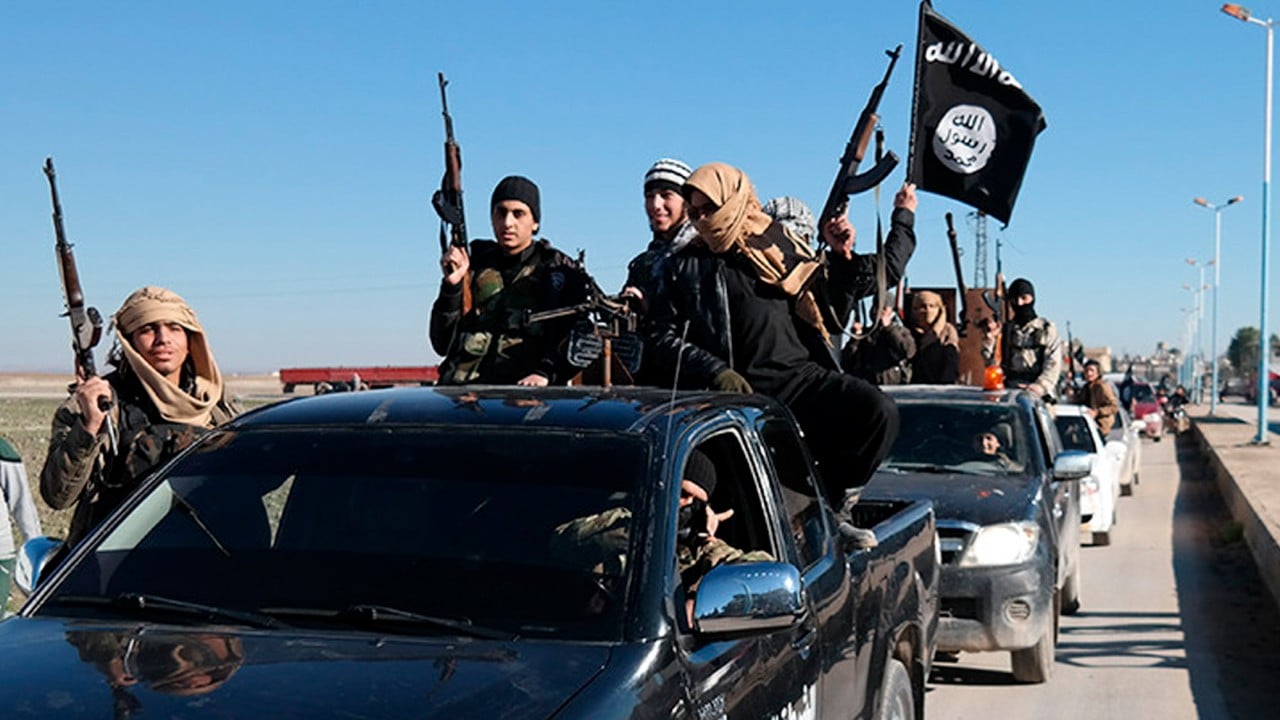Using Afghanistan as their homebase and Turkey as a logistical centre, Isis cells have worked closely with various national and regional branches to pull off the murderous attacks on four countries this year.
Terrorism analysts told This Week in Asia that Isis-K had replaced the group’s decimated forces in Iraq and Syria as the point of its jihadist sword.
Islamic State urges backers to target ‘crusaders’ in US, Europe, Israel, elsewhere
Islamic State urges backers to target ‘crusaders’ in US, Europe, Israel, elsewhere
“All these attacks can be traced back in different ways” to Isis-K, said Riccardo Valle, director of research for The Khorasan Diary, an Islamabad-based security news and analysis platform focused on Afghanistan and Pakistan.
It has been a “major player in galvanising supporters, if not orchestrating attacks abroad”, he said.
Jihadists have aggressively sought to tap into resultant grievances to incite supporters to violence
“Jihadists have aggressively sought to tap into resultant grievances to incite supporters to violence and direct external operations,” he said.
Isis-K has emerged as the “most globally-minded branch of Isis in its media and militant operations”, Webber said.
He said it is pursuing “a strategy of regionalisation and internationalisation in its propaganda, domestic targeting of foreign interests and nationals, as well as its external operations.”
Deeply strained relations
The actions of Isis and other transnational groups based in Afghanistan, Pakistan and Iran – including al-Qaeda in the Indian Subcontinent, Tehreek-i-Taliban Pakistan (TTP) and ethnic Baloch separatists who share the jihadists’ logistical networks – have deeply strained relations between the governments of the three countries.
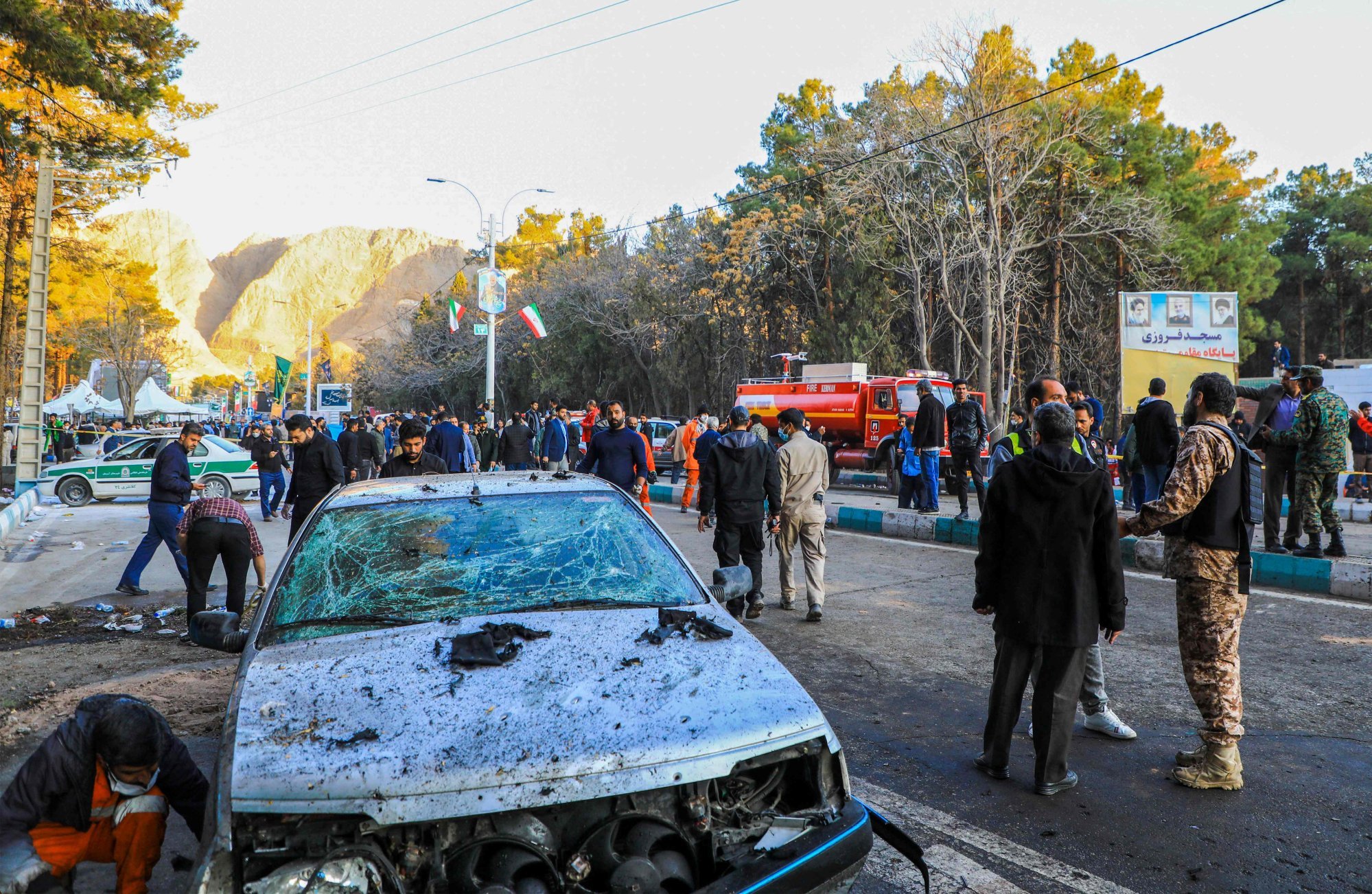
Chinese nationals working at Pakistan’s southwestern port of Gwadar were also in the firing line of a Baloch separatist attack on the facility on March 21, with two soldiers being killed before the militants were eventually stopped in their tracks.
Gwadar port is Chinese-operated and serves as a key connectivity node linking Xinjiang to the western Indian Ocean. The two countries are connected by the Karakoram Highway, their sole overland link, where the five Chinese contractors were killed.
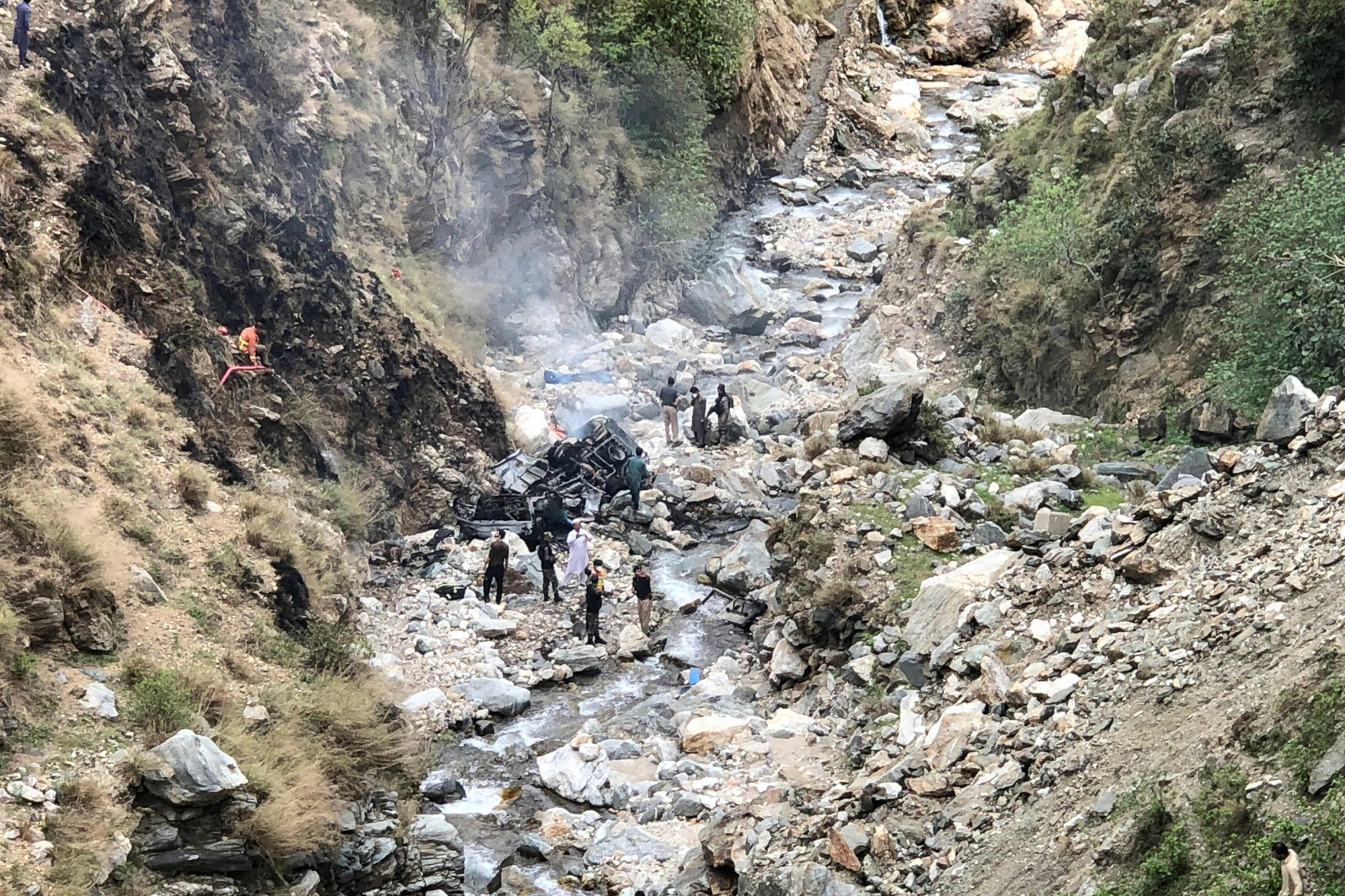
“In view of the increase in terrorist incidents, there is a need for a fundamental change in the border situation. The source of terrorism in Pakistan is in Afghanistan and despite our efforts, Kabul is not making any progress in this direction,” Asif said, after attending a top-level security meeting in Islamabad on Wednesday.
As with the TTP, Afghanistan’s Taliban regime has rejected pressure from Tajikistan to prevent cross-border attacks by a Taliban affiliate. A Tajik operating out of Afghanistan was also one of the Kerman suicide bombers, according to Iranian authorities.
Turkish investigators, meanwhile, found that the Kerman attack was carried out by the same Isis cell responsible for a botched attack on a church in Istanbul on January 28. It, too, involved Isis-K militants originating from Afghanistan.
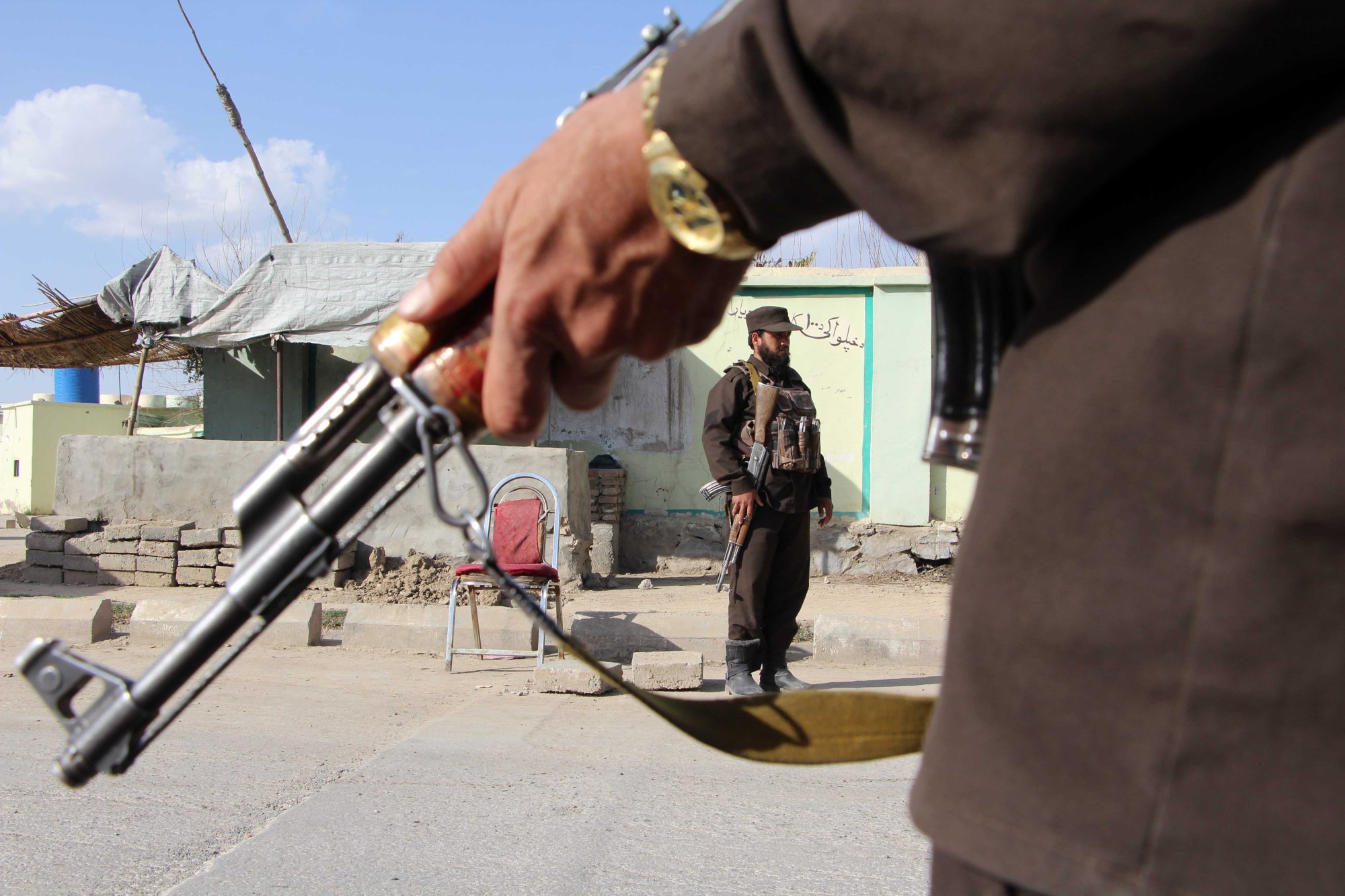
She said both bilateral and regional pressure “has still not persuaded” the Taliban to crack down on all these groups – some of which have transnational reach and ambitions – “except of course for Isis-K, which it has fought against vigorously”.
“This is needed much more now with rising international concerns with the cross-border activities of militant groups residing in Afghanistan that the Taliban seem unable or unwilling to contain,” Lodhi said.
Threatening Chinese interests
“The attack in Moscow seems to be a sign of things to come and is the continuation of trends already in progress given the uptick of associated external plots foiled and successful attacks,” Webber said.
Being transnational is “exactly” what makes groups like Isis notoriously difficult to track down and disrupt, The Khorasan Diary’s Valle said.
Isis-K runs a network that stretches from Afghanistan and Pakistan to Central Asia and continues to Iran and Turkey, with loose tentacles also reaching into Europe and now possibly Russia, he said.
“Notwithstanding differences and frictions”, regional countries do share intelligence and provide help to each other, which has been vital for counterterrorism in Central Asian countries as well as Russia.
Cooperation against militant groups often follows major attacks, such as the ones in Iran and Turkey, “hence weakening the possibility of dismantling larger networks,” Valle said.
“It would require an integrated mechanism not only between intelligence agencies of the interested countries, but also of nearby and other countries to acquire the larger picture.”
But often, “political frictions and mutual distrust are an obstacle” to such integrated mechanisms, Valle said.
Graeme Smith, a senior consultant for the Crisis Group’s Asia programme focusing on Afghanistan, said geopolitics has “narrowed the space for multilateral cooperation, but a little bit of room can be salvaged” for working across the divides of global competition on “these basic matters of peace and security’.
He said there is “a long history post 9/11” of the US, Russia, China, and even countries such as Iran, finding ways of collaborating against transnational militants.
The US forewarned Iran and Russia about the Kerman and Moscow attacks.
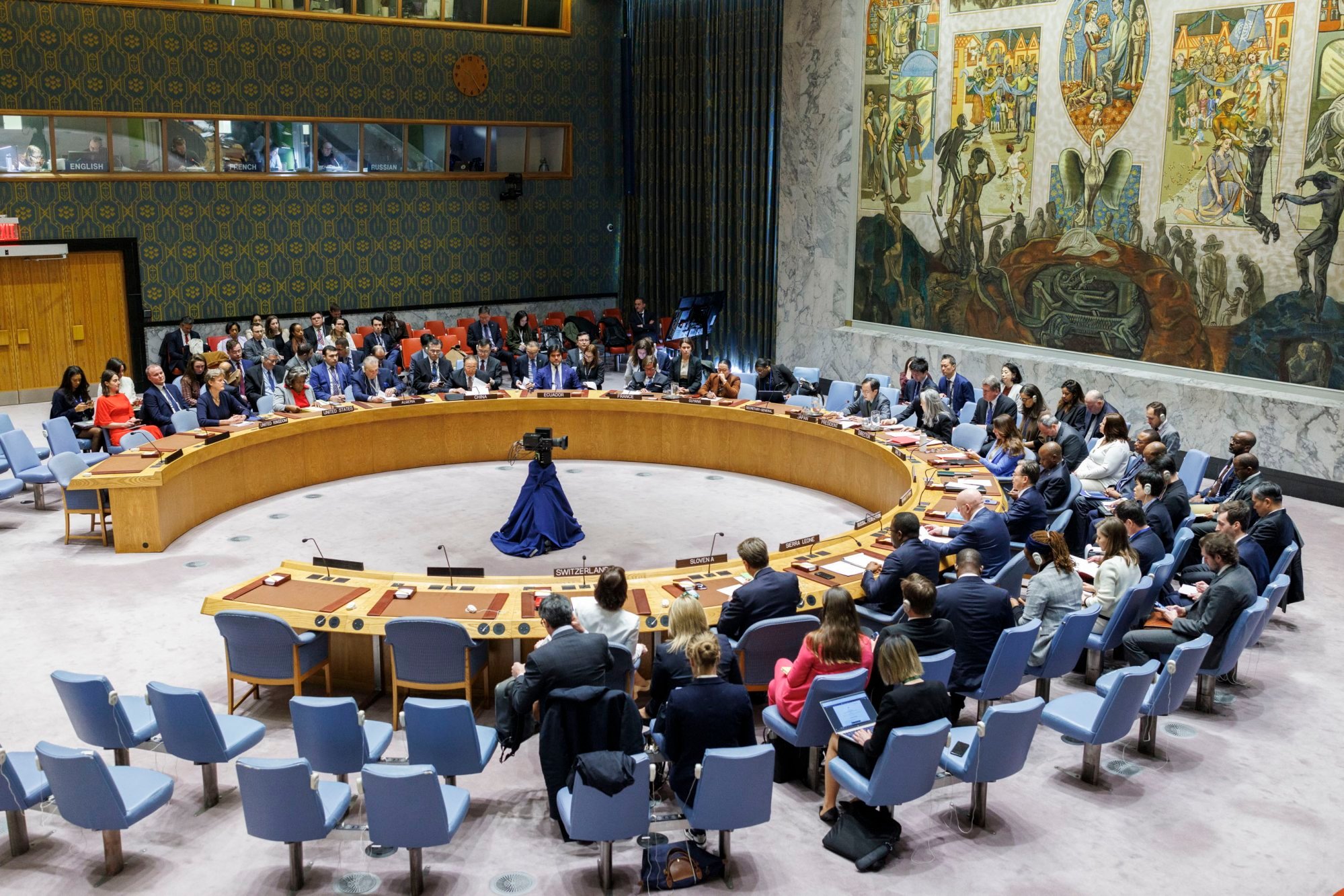
“The attacks in Moscow underline the importance of continuing those relationships on security matters,” said Smith, who is the author of The Dogs Are Eating Them Now: Our War In Afghanistan.
He said “international players” were tilting towards viewing the Afghan Taliban regime as a bulwark against Isis, despite its refusal to accept the demands of neighbours Pakistan and Tajikistan to take action against Taliban affiliates based in Afghanistan.
Later that month, the Security Council also endorsed a report by the UN special coordinator for Afghanistan that called for reform of the 1988 sanctions regime, “which is badly outdated and should be transformed into a set of incentives for the Taliban to be helpful on counterterrorism”, Smith said.
France raises terror alert to highest level after Russia attack
France raises terror alert to highest level after Russia attack
Still, the most recent Isis-K attacks “underline the need to work with the Taliban on these overriding security concerns,” Smith said.
He added that the China-led Shanghai Cooperation Organisation should also consider the Taliban’s request to join its meetings, “if only because of the very serious issues on the table related to regional stability”.

